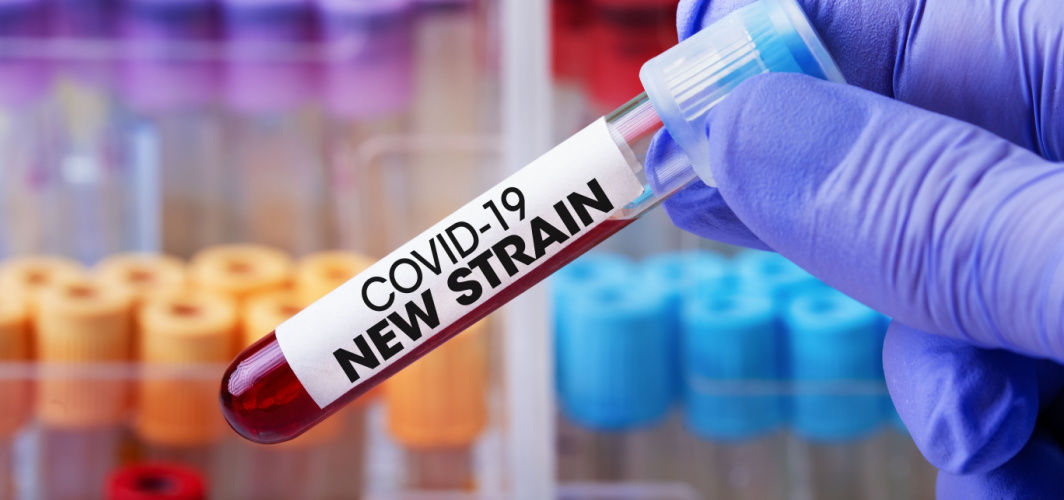Diabetes Management
Is Dragon Fruit Suitable for Diabetes Management?
2 min read
By Apollo 24|7, Published on - 12 July 2024, Updated on - 23 September 2024
Share this article
0
1 like
.jpg?tr=q-80)
Do you enjoy the strikingly beautiful and subtly sweet dragon fruit? If you have diabetes, you might wonder if you can still indulge & enjoy the relishing fruit. The answer is YES, with some guidance. Let’s explore how dragon fruit can fit into a diabetic diet.
The Pros of Dragon Fruit for Diabetes
Among the multitude of fruits available, dragon fruit stands out due to certain characteristics that make it beneficial for individuals with diabetes.
- Dragon Fruit and Blood Sugar Control: The glycaemic index tells us how quickly a food can increase our body's sugar level and dragon fruit boasts a low GI, implying that it helps manage blood sugar levels, preventing undesirable spikes.
- Fiber-rich Dragon Fruit: Possessing high fiber content, dragon fruit aids in slowing down sugar absorption into the bloodstream.
- Antioxidant Powerhouse: Laden with antioxidants, this fruit helps combat inflammation and oxidative stress. Both components are crucial for individuals managing diabetes.
How Diabetics Can Enjoy Dragon Fruit
There are many ways to enjoy dragon fruit, but diabetics need to pay special attention to how they consume the fruit. Here are some simple guidelines on how to consume dragon fruit without causing rapid blood spikes:
- Moderation Matters: A single serving per day is the recommended quantity when it comes to enjoying dragon fruit.
- Natural Wins: Opt for eating dragon fruit in its natural form - sliced or peeled!
- Smart Snacking: Rather than clubbing it with meals, have dragon fruit as a snack to sidestep rapid sugar spikes.
Dragon Fruit's Nutritional Profile
In addition to its low GI and high fiber content, dragon fruit comes packed with several vital nutrients. It's a good source of vitamin C, vitamin B6, iron, and calcium.
Dragon fruit can be a helpful addition to a diabetic diet. Its low GI, high fiber content and rich antioxidant profile make it a beneficial choice. Nevertheless, moderation and balance are key considerations. For more individualized guidance on managing diabetes through diet and lifestyle interventions, consider enrolling in the Apollo Super 6 program.
Diabetes Management
Consult Top Diabetologists
View AllLeave Comment
Recommended for you

Diabetes Management
Diabetes and Autoimmune Disorders Explained
Did you know that diabetes and autoimmune disorders share a complicated but substantial connection? This can impact how we manage our health. Elements like chronic inflammation, the presence of autoantibodies, and self-reactive T cells play a crucial role in the development of Type 2 Diabetes if someone has Autoimmune disorder. Understanding this connection equips us with the knowledge to navigate our health journey better.

Diabetes Management
COVID-19 JN.1 Variant: Should Diabetics Take Extra Precautions?
The WHO coined JN.1 as a "variant of interest," with low current public health risk but the potential for increased COVID-19 cases, especially in countries with ongoing winter. Booster shots are recommended for those with comorbidities like uncontrolled diabetes and individuals over 60, with limited evidence of JN.1's vaccine resistance. Uncontrolled diabetes elevates the risks and severity of the disease., Standard preventive measures remain crucial against all variants, reinforcing the ongoing fight against COVID-19.

Diabetes Management
Diagnosing Diabetes Early: Know How To Prevent Complications
Early diagnosis of diabetes brings several significant benefits. It facilitates prompt treatment, prevents future complications, enables to plan lifestyle changes, promotes self-management, and provides support. It also helps in controlling blood sugar, avoiding long-term health complications, facilitating healthy habits, taking proper medication, and monitoring blood sugar for better disease management.
Subscribe
Sign up for our free Health Library Daily Newsletter
Get doctor-approved health tips, news, and more.
Visual Stories

8 Fruits That are Incredibly Healthy for Diabetes
Tap to continue exploring
Recommended for you

Diabetes Management
Diabetes and Autoimmune Disorders Explained
Did you know that diabetes and autoimmune disorders share a complicated but substantial connection? This can impact how we manage our health. Elements like chronic inflammation, the presence of autoantibodies, and self-reactive T cells play a crucial role in the development of Type 2 Diabetes if someone has Autoimmune disorder. Understanding this connection equips us with the knowledge to navigate our health journey better.

Diabetes Management
COVID-19 JN.1 Variant: Should Diabetics Take Extra Precautions?
The WHO coined JN.1 as a "variant of interest," with low current public health risk but the potential for increased COVID-19 cases, especially in countries with ongoing winter. Booster shots are recommended for those with comorbidities like uncontrolled diabetes and individuals over 60, with limited evidence of JN.1's vaccine resistance. Uncontrolled diabetes elevates the risks and severity of the disease., Standard preventive measures remain crucial against all variants, reinforcing the ongoing fight against COVID-19.

Diabetes Management
Diagnosing Diabetes Early: Know How To Prevent Complications
Early diagnosis of diabetes brings several significant benefits. It facilitates prompt treatment, prevents future complications, enables to plan lifestyle changes, promotes self-management, and provides support. It also helps in controlling blood sugar, avoiding long-term health complications, facilitating healthy habits, taking proper medication, and monitoring blood sugar for better disease management.



